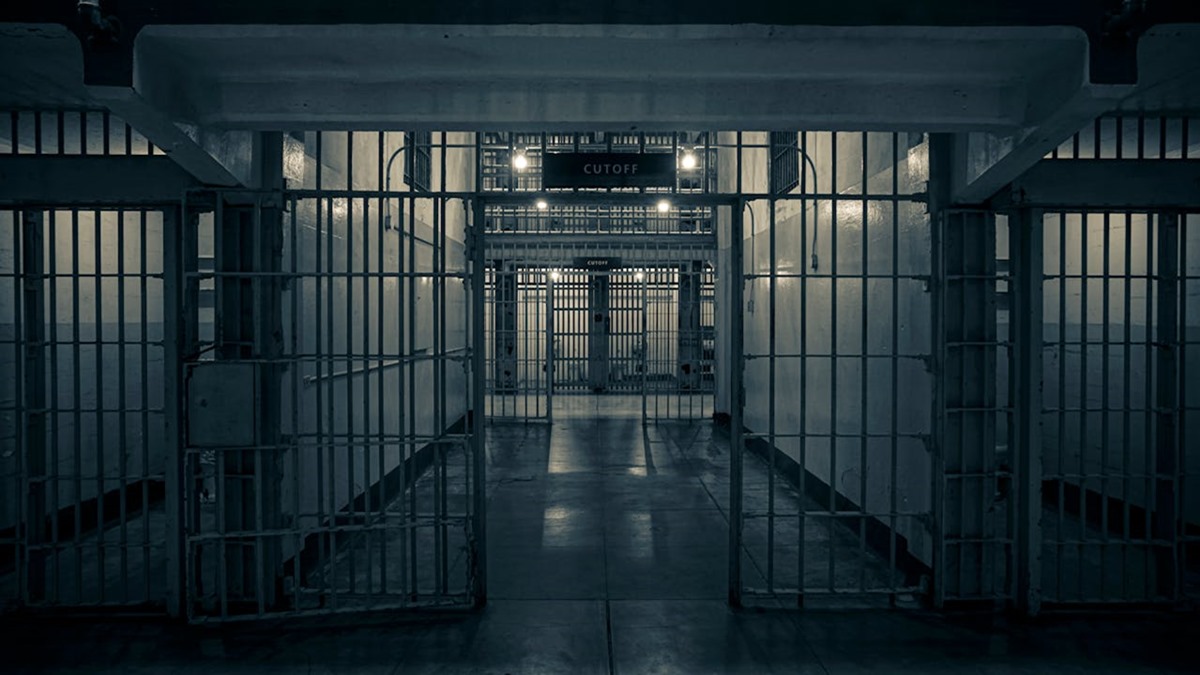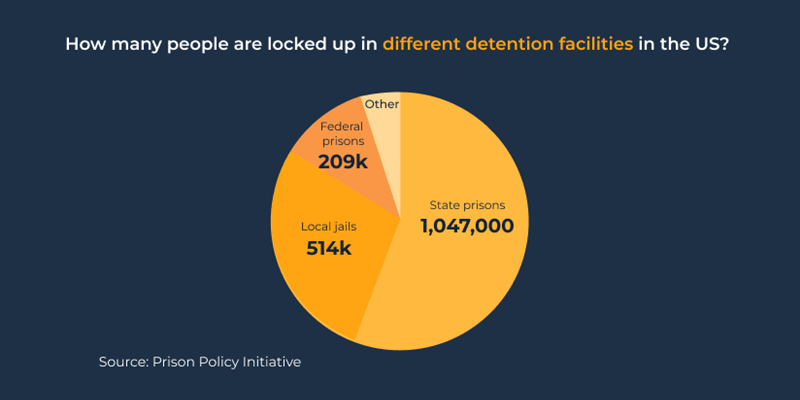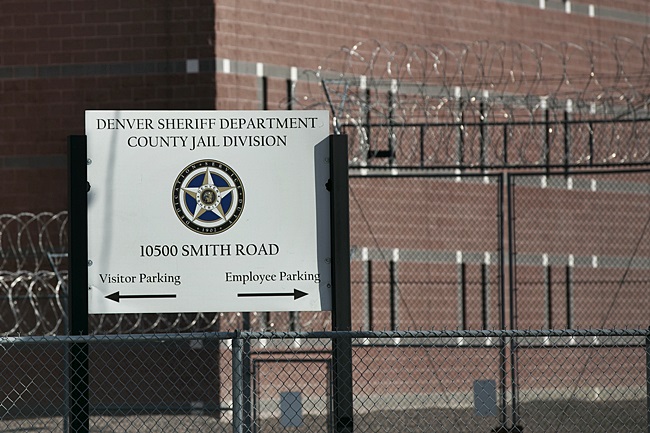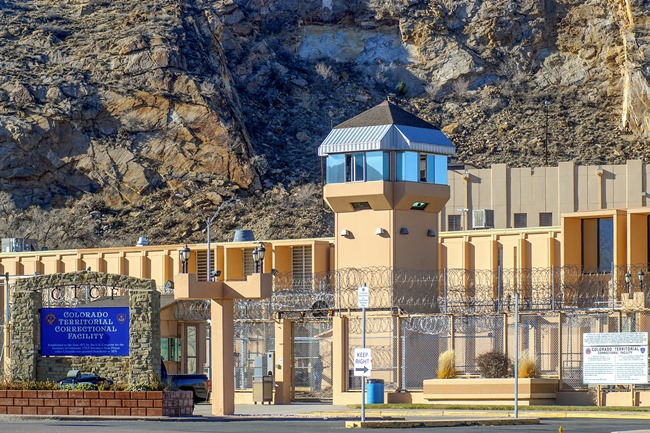Jails vs. Prisons: Comparing Their Differences
News and Resources
Here at Tayler Made Bail Bonding, we hear the words "jail" and "prison" used interchangeably all the time. But while both words describe places where people who have run afoul of the legal system are taken, there is a big difference between jail and prison. To begin with, jails are administered by counties, while prisons are run by states or the Federal government. In this guide, we look at jails and prisons and answer the question: "What's the difference?"
Where People Are Currently Detained
As of this writing, over 2 million Americans are incarcerated in various jails and prisons throughout the country. Approximately 30%, or 600,000 of them, are currentlyimage s being held in local or county jails, 50% of them, or 1 million people, are currently held in state prisons, and 20%, or about 400,000, are being held in federal prisons. As you can see, more than twice as many people are being held in prison as there are in jail. But it wasn't always this way.

During the 1980s, President Ronald Reagan made punishing crime a centerpiece of his administration, and as a result, the prison population in the US doubled in less than ten years. During the 1990s, the prison population exploded again under President Bill Clinton, who signed the controversial 1994 Violent Crime Control and Law Enforcement Act that created scores of new crimes and allocated $10 billion for the building of new prisons.
In recent years, however, there have been equally controversial efforts to radically reduce the number of people being held in jails and prisons nationwide by doing away with the bail bonding company, although those efforts have been almost uniformly disastrous and have been put on hold in many states.
The Differences Between Jails and Prisons
Here's a table comparing the primary characteristics and dangers of U.S. prisons versus jails:
| Aspect | Prisons | Jails |
|---|---|---|
| Purpose | Long-term incarceration and rehabilitation | Short-term detention and awaiting trial |
| Inmates | Typically convicted felons | Pretrial detainees, misdemeanor offenders |
| Length of Stay | Generally longer durations | Usually short-term, days to months |
| Security Level | Often higher security levels | Varied security levels, from low to high |
| Facilities | Larger facilities, often multiple buildings | Smaller facilities, single or few buildings |
| Services | Offer programs like education, vocational training, and counseling | Limited programs, mostly basic services |
| Staffing | Higher staff-to-inmate ratio | Lower staff-to-inmate ratio |
| Population Density | Less fluctuation, more stable population | High turnover, frequent inmate movement |
| Dangers | Gang violence, drug trafficking, riots | Overcrowding, violence among detainees |
| Legal Status | Under state or federal jurisdiction | Under county or municipal jurisdiction |
SOURCES: U.S. Bureau of Justics Statistics and Vera Institute of Justics.
Jail
When a person is arrested, they are taken to a police station where they are held while being processed. If their infraction is minor and bail is available to them, most will contact a bail bond agent, obtain a conditional release, and never see the inside of a jail. Some, however, will be transferred to jail to serve a short sentence (a few days to a few months). Others will be transferred to jail to await their day in court, and others will be sent to jail to await sentencing if they have been found guilty. In any case, jails are intended for short stays only.
Jails have more stringent security than police stations, but because many of the individuals in jail are awaiting trial or serving short sentences for non-violent crimes, the atmosphere, while not exactly relaxed, tends to be several notches down on the intensity level from prison. To be sure, no one wants to spend a single minute longer in jail than they have to. That said, compared to state prison, jail is a walk in the park.
Prison
Prisons are intended to house people who have been convicted of more serious crimes and received a sentence of at least one year. There are three types of prisons in the United States, and we'll look at them now.
State Prison
While Denver County Jail is administered by its namesake county, the Colorado Territorial Correctional Facility in Cañon City is administered by the state of Colorado. As we said, half of all people incarcerated in the U.S. are being held in state prisons. The conditions inside state prisons vary from state to state. Some states make great efforts to keep their facilities up-to-date and as livable as can be, given the circumstances.
Other states, however, simply do not have the financial resources to dedicate to upgrading their prisons. As a result, in states like Alabama, assaults, rapes, and even murder inside state prisons are an all-too-common occurrence. In some cases, the violence is perpetrated by the very guards assigned to protect the prisoners.
Federal Prison
Federal prisons are just that: prisons run by the federal government. These prisons house inmates convicted of violating federal law. Examples of people you might find in a federal prison include terrorists, drug traffickers, and those accused of large-scale financial crimes. The thing that separates federal prisons from state prisons is that there are five categories of federal prison, each intended to house inmates accused of different types of crime; they are:
- Maximum security prison — For those accused of things like terrorism. The country's most secure "supermax" prison is ADX Florence, right here in Colorado. Since its opening in 1994, it has housed some of the nation's most high-profile prisoners - including the Boston Marathon bomber, drug kingpin El Chapo, and the Unabomber until his death in 2023.
- Medium security prisons — Medium security prisons typically have a mix of inmates convicted of different crimes and are perhaps the closest federal prisons come to state prisons.
- Low-security prisons — There is also a wide variety of prisoners at low-security prisons. However, if they display violent or disruptive tendencies, they are transferred to a medium or maximum security facility.
- Minimum security prisons — Those in minimum-security federal prisons typically have little to no criminal history, no history of violence, and have been convicted of things like tax evasion. Minimum security facilities are often referred to as "Club Fed" due to the fairly relaxed atmosphere and minimal security precautions.
- Administrative prisons — These are as much hospitals as prisons. They are for prisoners with medical or mental health conditions.
For more information about the differences between state and Federal prisons in the United States, watch the video below.
Private Prison
Private prisons are built and operated by private companies. Many states use private prisons because they are cheaper to operate than state-owned prisons. Almost 100,000 people are currently housed in private prisons. Unfortunately, private prisons are no safer than their publicly-run counterparts
Danger Level: Jails vs. Prisons
One of the main things that separates state prisons from jails and (most) federal prisons is the danger level. Most of the people in jail are there for short periods of time and have no criminal record or history of violence. At the same time, federal prisons are often populated by white-collar criminals and those accused of things like tax evasion. (The most dangerous people in the federal system are held in supermax prisons like the aforementioned ADX Florence. Ironically, there is virtually no chance of being assaulted in such a prison because inmates are held in solitary confinement 23 hours a day, 365 days a year.)
State prisons, however, are an entirely different ball of wax. State prisons are home to gang members, serial rapists, murderers, domestic abusers, and other types of violent offenders. Once inside, it is in the new prisoner's interest to align themselves with a group in order to gain some level of protection from the countless looming threats to their safety and wellbeing.
The Bottom Line
While the words "jail" and "prison" are often used interchangeably, they are not the same thing. Jail is intended to house people in the short term, while prisons are built to house inmates for a year or more, sometimes life.
Contact Info
Tayler Made Bail Bonding is available 24 hours a day and 7 days a week.
(303) 623-0399email@taylermadebailbonding.com
3595 South Teller Street
Suite 300A
Lakewood, CO 80235
@TaylerMadeBail



